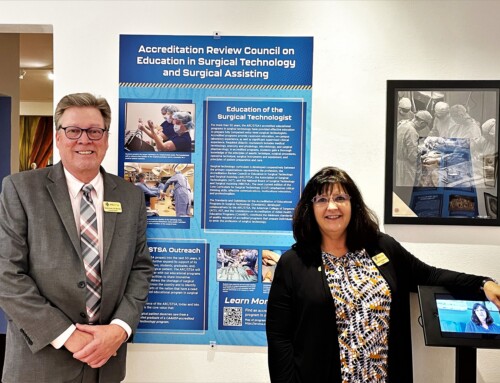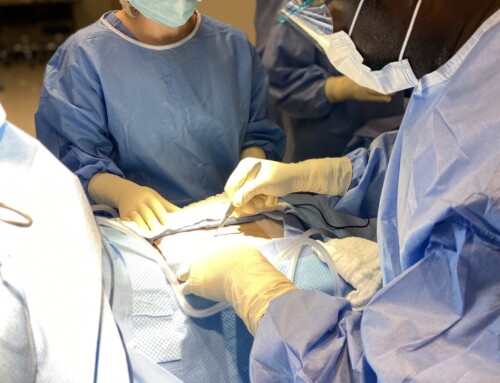By Dr. Cynthia Casparis, VP of Academic Affairs, Angelina College
Deans and administrators are often responsible for providing the funds and approving time away for program directors to receive professional development in their specialty fields. With decreasing state funding and shrinking budgets, this is not always an easy task. However, it is a vital task that should not be forgotten. Not only is it imperative and required for directors to actively participate in professional development; it is ultimately the backbone for disseminating current knowledge to our students. The monetary support of professional development activities results in the increased intellectual growth of the director and the programs in which they serve. This growth can result in better communication, expansion of knowledge, increased networking and, most importantly, the rejuvenation of motivation.
Professional development improves directors’ communication skills. This is evidenced upon their return from the conference or seminar by their reporting, demonstrations and collaborations with the clinical coordinators, clinical sites, program faculty and administrators. The communication of any changed deadlines, new forms, new requirements, new costs, new and more efficient equipment, all aid in the future budgeting of the institution for the surgical technology or surgical assisting program and provides a basis for developing budgeting practices and procedures. The transferrable skill of communication is an invaluable tool to not only enhance the total student experience, but to also produce “home-grown” professional development for clinical coordinators and other faculty not able to attend the conference.
Attendance at professional conferences expands the knowledge of the director through the deepening and broadening of ideas, including different methods of delivering content to students, exposure to the use of new technologies, latest research, an introduction to new options for products and vendors, and numerous networking opportunities. This expansion of knowledge and increased networking opportunities allows the director to enhance the educational experiences of everyone involved in the program. It is not uncommon that conference attendees become inspired to be a part of the process and submit presentation ideas for future conferences and eventually be asked to present a topic near and dear to them. The sharing and inculcation of this knowledge could translate into increased recognition and respect for our programs and our students from the clinical sites we serve.
Most importantly, supporting program directors monetarily and through time allowances for professional conferences, results in a rejuvenation of motivation. Not only does the director return with ideas and connections, but because of the support of deans and administrators for professional development opportunities, the director returns with an increased motivation and renewal of why they are in their chosen field. Conference participation allows them to be away from the daily demanding schedules to meet with other people who also share the same passions, to experience different cultures and activities, to laugh and reflect on the positives of being a program director. The increased motivation improves attitudes, opens the door for innovation and creativity, and makes directors want to remain as directors for years to come. A happy and motivated director leads to the production of stellar graduates.
In conclusion, remember that there are many more positives than negatives to giving program directors these growth opportunities. Not only does the director benefit, but the students, the faculty, the clinical sites and the institution all reap the benefits of this increased intellectual growth.
Support + Communication + Knowledge + Opportunities + Rejuvenation = Intellectual Growth.
Therefore, deans and administrators, let’s work to find ways to support our program directors to bring back the most current information, the most efficient methods for teaching and skill demonstrating, access to less costly equipment, increased connections and a rejuvenated motivation to inspire students to finish and to be excellent in their craft.




